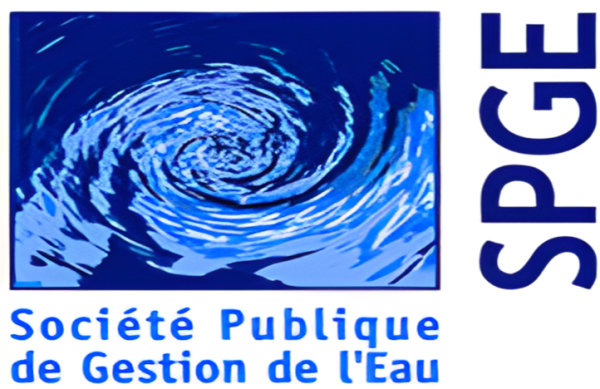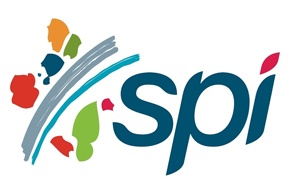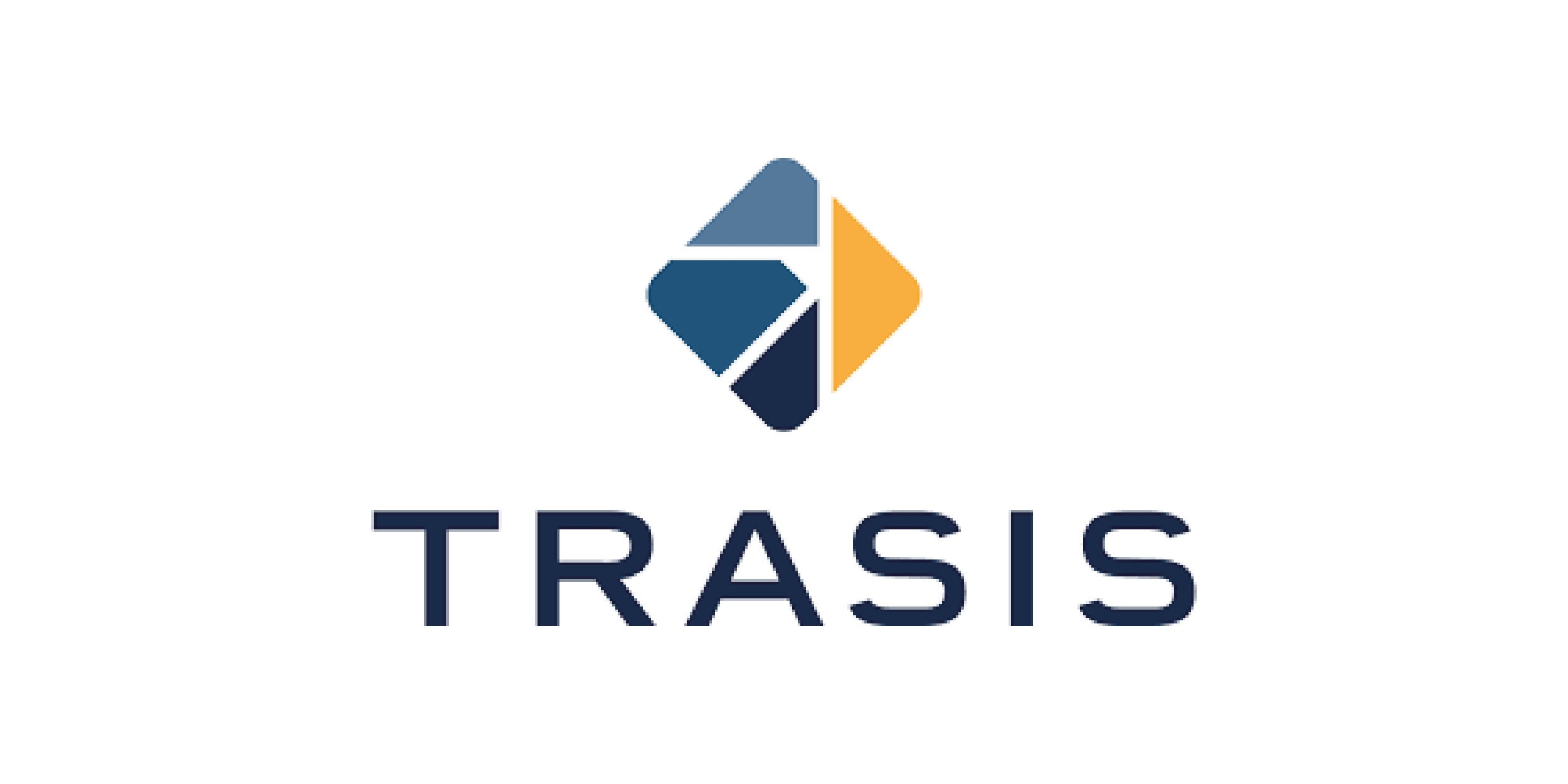
Developing a Project Culture, adapted to changes in target markets
- Advisory
The organization wishes to reinforce the level of maturity of its R&D teams in terms of project management, from the formalization of the initial idea to the production launch of the product, including the more structured management of post-production. The company is also seeking to equip its teams to cope with an increasingly complex project approach, which must integrate unprecedented regulatory requirements and constraints linked to (new) markets. The aim of the initiative is therefore to define a ‘project’ methodological framework adapted to the organization’s evolving needs, and to ensure that teams apply it to their respective projects.
Type
250-350 ETPs
High-Tech & Medical
Belgium
Challenges
Sustainable Development
Ressources
1 consultant (Project Manager) part-time
Time
9 to 12 weeks
The deployed approach focuses on the definition and implementation of suitable ‘project’ principles :


